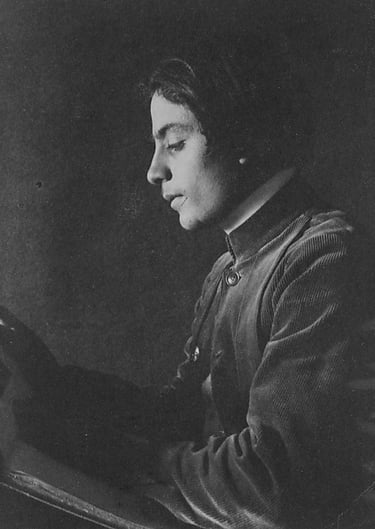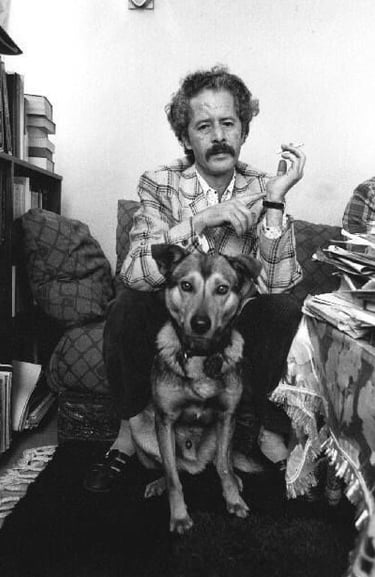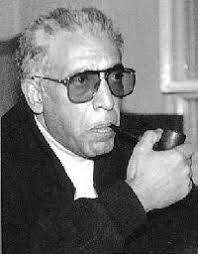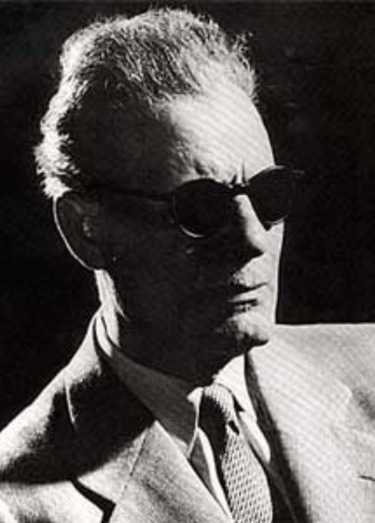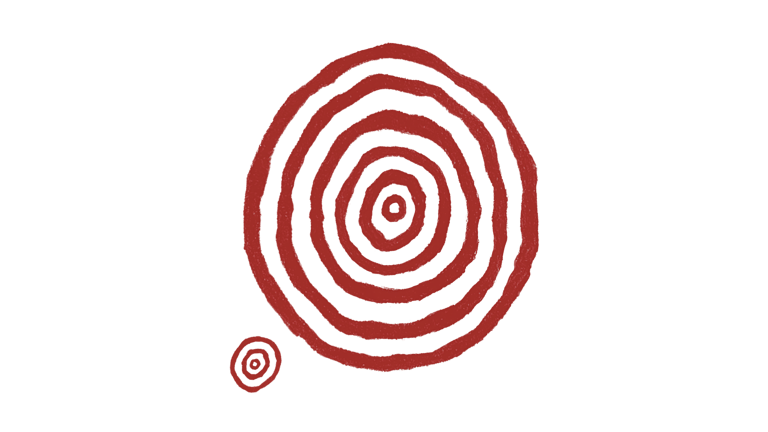Merken magazine
Banned Arab Books
Prohibited for the Truths They Dared to Speak: Books That Faced Bans in Arab Countries After Publication.
LITERATURE HISTORY
Meryem Harafi
5/19/20254 min read
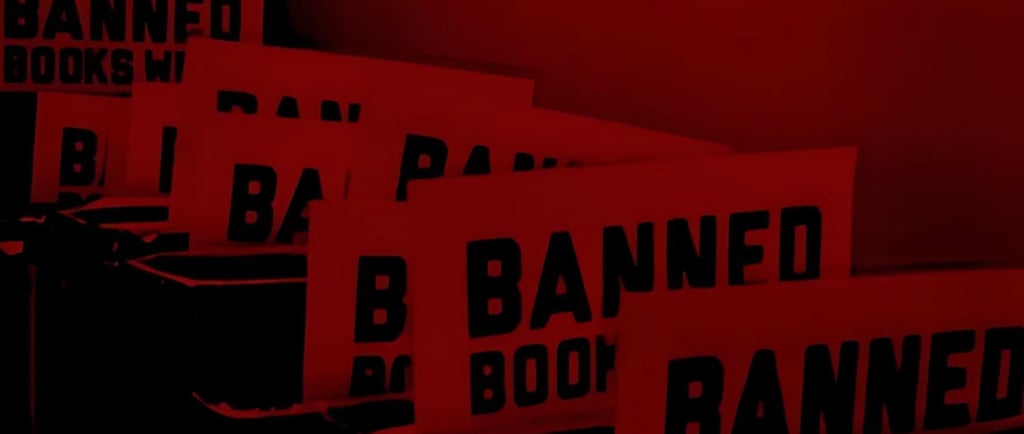

Throughout history, banning books almost always meant it spoke a truth too dangerous to be heard. How dangerous can ink, paper, and a story be? How deeply can printed pages disturb powers. A banned book does not always speak of unknown truths, it can be a mirror of a life that people already live but now have to recognize, or a muffled voice that dared to say what others only whispered. It is not just fiction, but recognition. However, when a book is banned, or worse, burned, it is often a sign not of its weakness, but of its power.
Banning books has always been a means for controlling a general discourse and social narratives that maintains power relations in favor of the authorities. From the emperor Qin Shi Huang’s burning of texts in 213 BCE, the Roman Catholic Church’s Index Librorum Prohibitorum established in 1559, the Nazi book burnings of “un-German” literature, to the criminalizing of sending “obscene” materials through the mail (including literature on sexuality and abortion), censorship has often targeted works that challenged the censor.
The Arab world has a long history of book banning. While this should serve as a warning, as self-evident as it may seem, it is still fairly noticeable that many of the Arab population demand the state to intervene in matters they’re not pleased to tolerate. They call for the banning of things they find challenging, unaware that they are giving the state the power to censor even what they themselves might enjoy, should it fall out of favor with the censor.
Spirits Rebellious
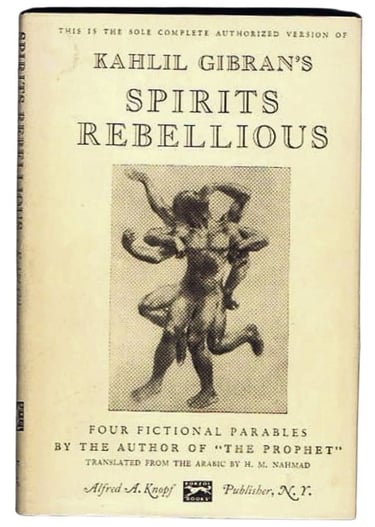

Banned and burned for its rebellion against social, religious, and moral hypocricy. It is a collection of 4 bold short stories in which all the normes are overturned. Love is redefined, and so is honor and shame. Honoured is the woman who betrayed her husband for her lover, shamed is the one who married one she doesn not love. Honoured is the thief, shamed is the saint. The saint is a thief, a killer, and a false belief. The book Shows the bad in what seems bright, and finds the good in shadowed light. A cry for truth, freedom, and teachings for the youth.
For Bread Alone
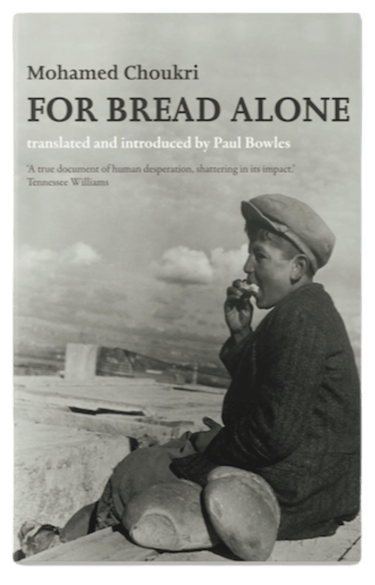

Mohamed Choukri’s For Bread Alone is a raw, unfiltered chronicle of the writer’s survival. From a childhood of living poor and abused in the Rif Mountains to a tumultuous youth on the streets of Tangier. It is a candid memoir of rawly honest human desperation, hunger, violence, and addiction. He unflinchingly presents taboos of sexuality, drug use, and familial strife; things that are shocking, yet very present in society. The book was banned as authorities deemed it offensive to public morals though the true offense lies not in writing it, but in the fact that so many live it.
Cities of Salt
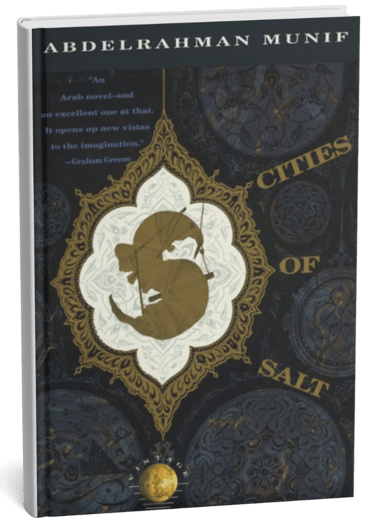

Banned in Saudi Arabia for its depiction of the country’s transformation after oil discovery. Cities of Salt tells the story of a small desert oasis ripped apart by this oil discovery. Foreign engineers arrive, pipelines are built, traditions are erased, and the land is no longer ruled by its people but by profit. Colonial greed, modernization, and oil wealth shattered the rhymes of a Bedouin life that was traded for oil. This book challenged authoritarian rule, blind modernization, the complicity of local elites in Western exploitation, and reveals the profound human cost of capitalist progress.
On Pre-Islamic Poetry
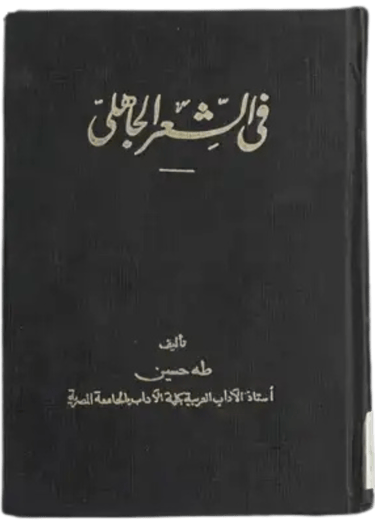

Taha Hussein’s On Pre-Islamic Poetry boldly claims that much of the poetry attributed to the Pre-Islamic era (Aljahiliyah) was forged after Islam to serve political and religious agendas. Many early scholars used this poetry to explain Quranic language and context, but Hussein argued that relying on fabricated verses made these interpretations unreliable. By applying empirical methods of historical and literary analyses, he was examining the foundation of how Islamic history and the Qur’an had been interpreted for centuries. The book triggered public outrage, led to his removal as Dean of the Faculty of Arts, and prompted an official investigation on charges of blasphemy.
A Final Word on the Power of Ink
Ironically enough, banning books might not erase the books, but immortalize them. The stories continue to echo louder because of the attempts to silence them. They’re a reminder that literature is not only a reflection of the world, but a force that shapes it. Sometimes your only crime is to write, and their crime is giving you a reason why. to write is to resist, and to read is to bring to life.
Coming across an offensive book or article does not have to be a trigger of anger, but a toleration exercise. Just as a certain pieces of writings challenge us, our writing might do the same to others. Reading without letting our beliefs compose a background symphony of noise is crucial to understand and empathize enough with the writer to truly grasp a good understanding for a fruitful interpretation and criticism.
